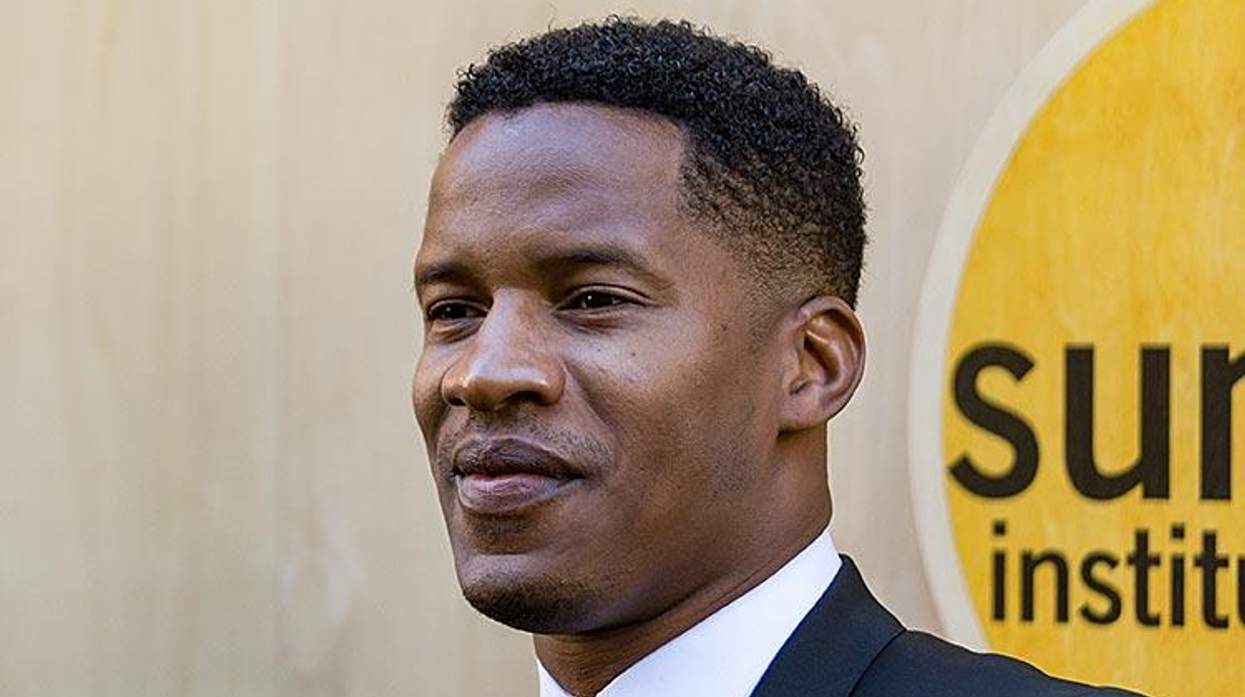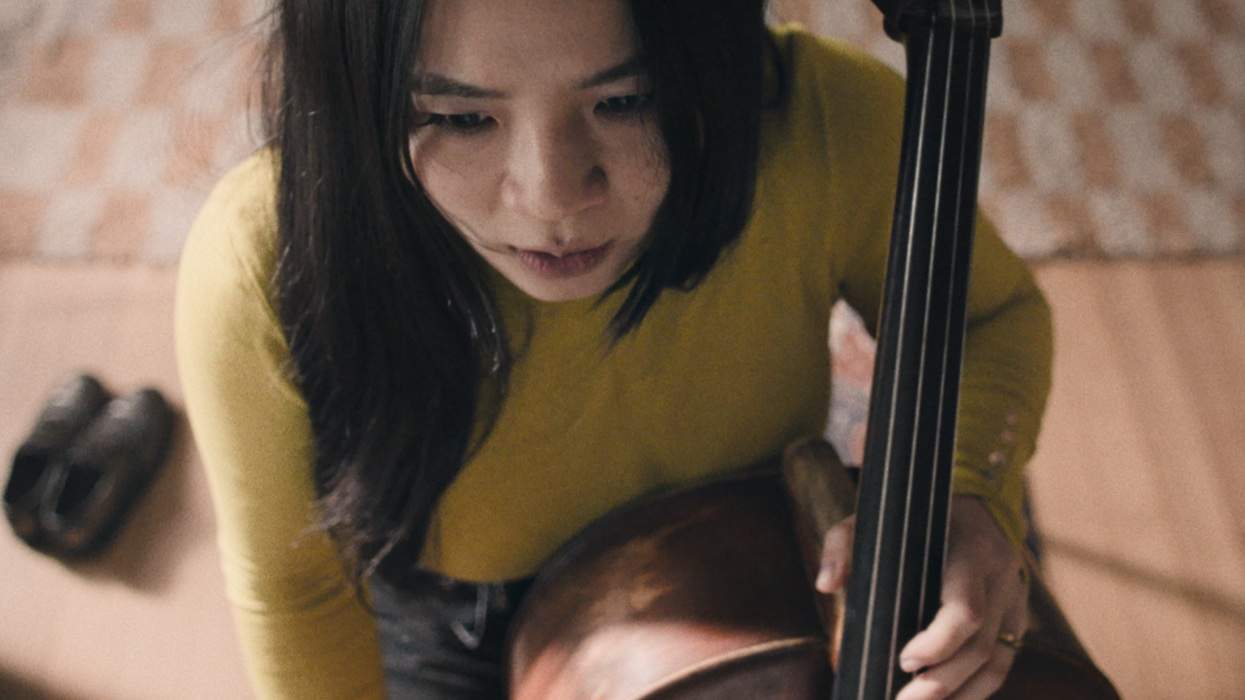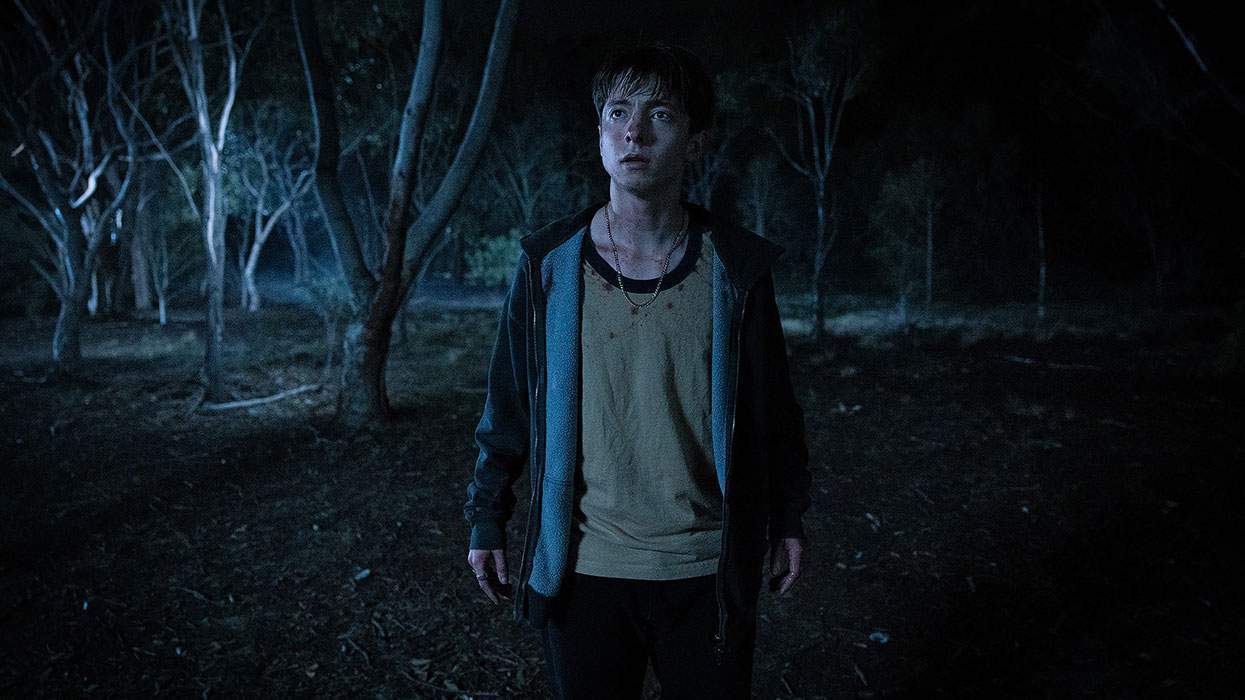A 1999 accusation of rape against Nate Parker, director of the highly anticipated film The Birth of a Nation, has resurfaced just two months before the movie's scheduled release.
Parker and his Birth of a Nation cowriter, Jean Celestin, were both accused of the rape and sexual assault of a Penn State freshman at Parker's apartment in 1999, when they were they were also students at the university. Parker was acquitted in 2001; Celestin was convicted of sexual assault and sentenced to six months in prison, but his conviction was overturned on appeal. He was granted a new trial, but it never took place because the victim declined to testify again.
The case was covered by Pennsylvania newspapers and mentioned in a 2007 profile of Parker by a Virginia paper, but there was been more focus on it since entertainment website Deadline published a lengthly article on it last week. Relatives of the victim, who committed suicide in 2012, have raised questions about how the case was handled -- and if it would be handled differently today.
Parker has appeared in several films, including The Great Debaters, but he has received a new level of attention with his directorial debut, The Birth of a Nation, about the 19th-century slave rebellion led by Nat Turner. The film, expected to be an Oscar contender, sold to Fox Searchlight for $17.5 million at Sundance Film Festival, where it won the Audience Award and Grand Jury Prize. It is scheduled to be released October 7, and Fox Searchlight is standing behind the film and Parker.
"Fox Searchlight is aware of the incident that occurred while Nate Parker was at Penn State," said a statement released by the company. "We also know that he was found innocent and cleared of all charges. We stand behind Nate and are proud to help bring this important and powerful story to the screen."
Parker and Celestin were both Penn State students at the time and teammates on the college wrestling team. The woman, who has not been identified by name, had been drinking, and she alleged that both men assaulter her when she was unconscious at Parker's apartment. The two men, who were 19 at the time, claimed that the sex with the 18-year-old victim was consensual.
The woman went on to attempt suicide multiple times. She eventually dropped out of Penn State, and in 2012 she took her own life. Her brother spoke to Variety, saying he believes Parker remained free because of a technicality. "He may have litigated out of any kind of situation," Johnny, the victim's brother, told Variety. "My position is he got off on a technicality." Parker's acquittal came partly because he had previously had consensual sex with the woman.
The victim's brother said he believes the case would have been handled very differently in 2016. "I think by today's legal standards, a lot has changed with regards to universities and the laws in sexual assault," he said. "I feel certain if this were to happen in 2016, the outcome would be different than it was. Courts are a lot stricter about this kind of thing. You don't touch someone who is so intoxicated -- period."
The victim's sister, Sharon Loeffler, told The New York Times that she believes more victims are out there and she hopes that they come forward. "I know what she would've said, and that would be, 'I fought long and hard, it overcame me. All I can ask is any other victims to come forward, and not let this kind of tolerance to go on anymore,'" Loeffler said. She also said of her sister, "These guys sucked the soul and life out of her."
Parker responded to the news of the victim's death and accounts of the trial on his Facebook page Tuesday. "I myself just learned that the young woman ended her own life several years ago and I am filled with profound sorrow," he wrote. "I can't tell you how hard it is to hear this news."
"While I maintain my innocence that the encounter was unambiguously consensual, there are things more important than the law," he continued. "There is morality; no one who calls himself a man of faith should even be in that situation. As a 36-year-old father of daughters and person of faith, I look back on that time as a teenager and can say without hesitation that I should have used more wisdom."
Interviewed about the matter by Deadline, Parker expressed solidarity with women -- and with LGBT people. "I can't control people; I can't control the way people feel," he said. "What I can do is be the most honorable man I can be. Live my life with the most integrity that I can, stand against injustice everywhere I see it, lead charges against injustice against people of color, against the LGBT community. That's me. The black community is my community, the LGBT community too, and the female community. That is my community."
















Charlie Kirk DID say stoning gay people was the 'perfect law' — and these other heinous quotes
These are some of his worst comments about LGBTQ+ people made by Charlie Kirk.